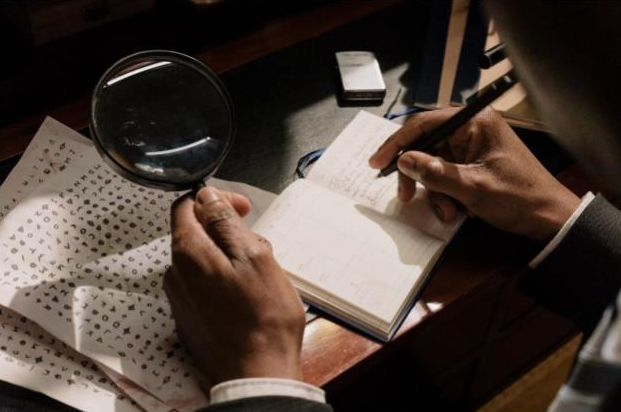Introduction
For those unfamiliar with the term, cryptanalyst derives from Greek. It loosely translates as “code interpreter”. A good cryptanalyst should have a natural gift for noticing patterns, which is the primary method of code-breaking. Most codebreakers need a key to decipher a hidden message.
Cryptanalysts take these types of challenges without a provided lead. People have been using codes and puzzles to convey secret messages since the dawn of literacy. It’s safe to assume that the first cryptanalysts were not all math students.
In the world we live in, technology provides means to create complex codes that require years of learning and practice to break. Is math all it takes to be the best cryptanalyst nowadays? We did some research and came up with several points that should help us answer this question with precision.
A math degree is not essential
We decided not to beat around the bush and give you a straight answer from the start. Nevertheless, we shall explain why math is not essential for a successful career in cryptanalytics. In most cases, we don’t always receive the optimal level of knowledge in school and college. Many students seek math tutors at AssignmentBro and similar online services when they need more advanced math help. A lot of students look for homework and assignment help online. Often they don’t feel confident about the knowledge they receive during class.
These arguments make it clear that getting a math degree or learning math in college is not enough to become the best cryptanalyst. Although, studying and understanding certain math principles can be helpful for the development of cryptanalysis software solutions.
Today, it’s not only enough to read through encrypted data, but one also needs to build tools that would create complex data puzzles.
A computer science degree makes a good foundation
While it is true that cryptanalysis heavily relies on linear algebra, number theory, and algorithms math is not the only gateway to snatching a job in this industry. Some of the most successful cryptanalysts have advanced computer science degrees. Moreover, the NSA published several job posts that don’t require math or any other specific degree. This means that natural talent and practical experience also play a role.
Cyber security is another field of study that closely relates to cryptanalytics. It makes a good foundation for a successful career. It’s important, however, not to mix hacking with cryptanalytics. Ethical hackers seek weak points that allow entry into a protected system.
Cryptanalysts focus on deciphering encrypted data. This means that hackers use cryptanalytics in their line of work. Cryptography is the foundation of cryptocurrency and blockchain technology in general. Therefore, those who are interested in developing new cryptocurrencies need to be good cryptanalysts.
Programming languages are basic tools for cryptanalytics
In the 19th century, French philologist Champollion managed to decipher hieroglyphs after so many before him have failed. The essential role in his success was his knowledge of oriental languages and access to the Rosetta stone. This granodiorite tablet allowed the French scientist to compare ancient Egyptian script with Greek letters. This was enough to ultimately decipher the hieroglyphs after so many failed attempts by others.
Today, computer languages help cryptanalysts. They use them to develop software solutions necessary for the code-breaking process. Ethical hackers attack protected systems to notice weaknesses. Cryptanalysts probe encrypted texts to discover keys. The “attack” can be made on a regular text written in a natural language such as English or a computer language like Java.
The cryptanalyst must recognize the language in which the cipher is written to find the key and decipher the entire information.
Therefore, it’s of immense importance for a cryptanalyst to learn as many programming languages as possible. Math plays only a small role in this process. All the math that one would need for the creation of algorithms and cryptanalytic attacks is available through online courses.
Conclusion
Cryptoanalysis is a fun and challenging career that also happens to be well-paid. Everyone from business corporations to government agencies needs a capable cryptanalyst. In this article, we tried to show that this profession is more than just complex math. While it relies on math principles, there are many scientific fields and natural talents that cryptanalysis requires.
Therefore, as we stated at the beginning of the article, you don’t need to study math to be the best cryptanalyst. Natural talent, computer knowledge, and training are the building blocks of a successful cryptanalysis career.
Author Bio:
Carla Davis is a freelance content writer engaged with diverse online publishers. Her work is based on pieces of information extracted from authentic and relevant sources. As a writer, Carla creates content that both inspires and informs the audience.









